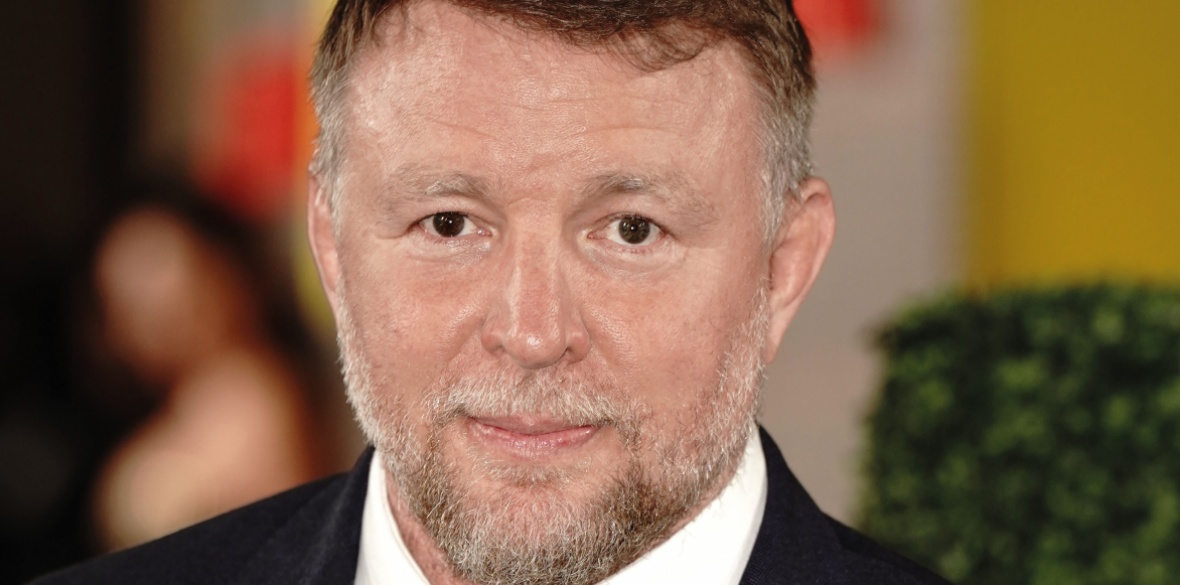This is the last article you can read this month
You can read more article this month
You can read more articles this month
Sorry your limit is up for this month
Reset on:
Please help support the Morning Star by subscribing here
THE GENTLEMEN continues the writer-director Guy Ritchie’s ongoing fawning obsession with the British upper classes, probably stemming from his privileged upbringing.
Ritchie was privately educated at posh Windlesham House and Stanbridge Earls School. His well-heeled parents John Vivian Ritchie and Amber Parkinson both made prestigious second marriages, respectively to Shireen Ritchie (nee Folkard), Baroness Ritchie of Brompton, and Sir Michael Leighton, 11th Baronet of Loton Park.
It has to be said that when he started out in the movie business, Ritchie obscured his upbringing and adopted the bovver-boy argot of what he imagined was modern-day Cockney to further his career.
Guy Ritchie was born in leafy Hatfield, Herts, in 1968; when asked whether he was a “genuine Eastender” the response was: “No. I come from a mix. But I’ve been to both extremes one way or the other. When I was at school I was fucking seriously into socialism.
“And as I tried to then make a pound or a penny — I used to speak for the socialists at school, and it was a right-wing school, really. I’m not claiming that I’m mister fucking street tough, you know what I mean? But I’ve taken a few slaps, and I understand slaps … and I am one to believe that some people should be slapped.”
The ‘other ’arf’
Ritchie currently resides at his Georgian pile of Ashcombe Park, a 1,134-acre estate on Cranborne Chase, in the parish of Berwick St John, near Salisbury, Wiltshire. The grounds of the Ritchie mansion were voted one of Britain’s 10 top venues for pheasant shooting by The Field magazine. He also owns a brewery, a pub, an airfield and an outdoor equipment company.
In 2011, Ritchie’s swanky £6 million London home was briefly occupied by members of squatter organisation The Really Free School. Shame, said absolutely no-one.
The director presumably knows of what he writes, at least in terms of Britain’s nobs. While The Gentlemen’s toffs are idolised as either heroic (Theo James), goofily loveable (Daniel Ings, Nigel Havers) or stoic (Joely Richardson), everyone else is patronised, be they slavishly loyal family retainers, effete foreigners, thieving travellers, seedy journalists, bent Turkic boxers, caricature Scousers, or the oikish working classes in general.
Ritchie’s admitted fascination with the Kray twins mirrors that of sleazebag Tory peer Lord Boothby, who in the 1960s was regularly seen slumming it with the Krays, Ronnie in particular.
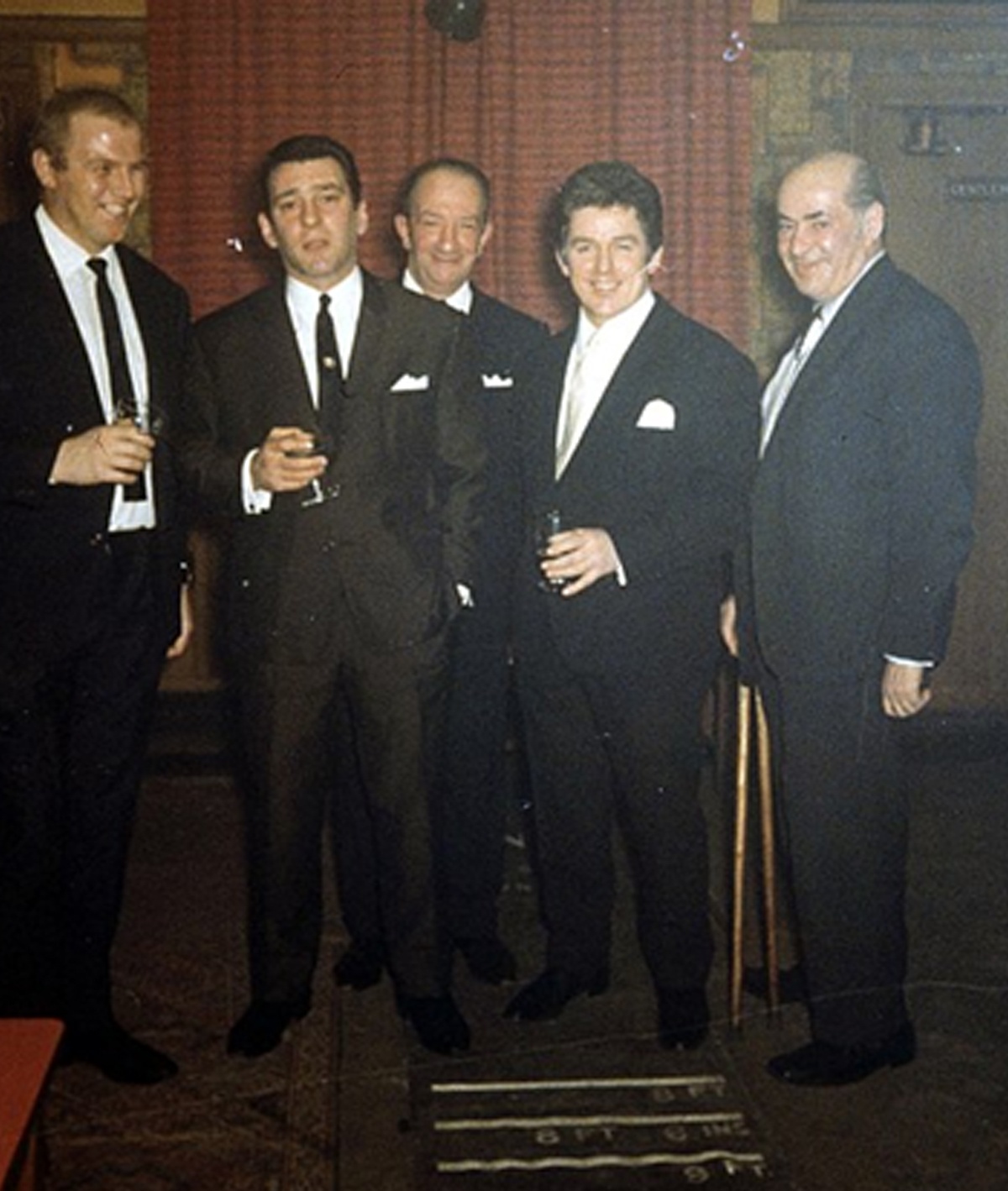
In 1998 Ritchie opined: “Everything, more or less, of the old-school villainy related back to the Krays at some point. And the Krays were a lot worse than everyone thinks they are … And that was why I had a big problem with the film [The Krays, 1990]; they just looked like a couple of f*ggots as far as I was concerned, even with what they were showing.
“And I know what those boys were doing was a hundred times worse than what everyone thought was going on. So it’s inevitable that anything that is genuine, and old, and British will somehow have something to do with the Krays.”
Admittedly, there is some truth-telling from Giancarlo Esposito (as shady US billionaire Stanley Johnston) regarding exactly how Britain’s blue-blooded elite acquired their lands, when William the Conqueror divvied up Anglo-Saxon England after defeating King Harold Godwinson at the Battle of Hastings in 1066.
Ritchie appears to have had Wikipedia permanently open when writing the script, given the regurgitation of facts and figures on a range of subjects (from how to sample fine wines to weed production and inheritance tax), underlining the fundamentally lazy nature of The Gentlemen, which also recycles familiar riffs from his other movies (Snatch, Lock, Stock and Two Smoking Barrels, RocknRolla), as well as the 2019 picture of the same name.
But Ritchie has a valid point when shining a light on the criminal activities of the upper classes — that is routine tax-dodging, treason (Jacobites, Nazis etc) and non-routine murder (Lord Lucan and others).
Here’s a few wronguns in a rogue’s gallery of crooked coronets (and precious little in the way of kind hearts).
Lord Brocket
Old Etonian Charles Ronald George Nall-Cain, 3rd Baron Brocket of Brocket Hall, grandson of Nazi sympathiser Ronald Nall-Cain, the 2nd Baron Brocket was born in 1952. The profligate playboy baron (who at one point owned 42 Ferraris) was on the skids after frittering away the family brewing fortune and took to insurance fraud, for which he served 2½ years of a five-year sentence when sent down in 1996.
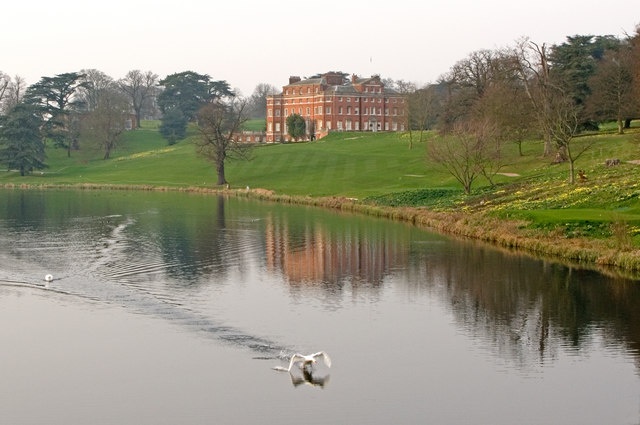
But luckily for Charlie, ITV threw the disgraced toff a lifeline with I’m A Celebrity, Get Me Out of Here, giving Brocket a few years of semi-fame to cash in on his notoriety. He was last seen on British TV screens in 2017, featured in — appropriately enough — an episode of Channel 5’s repossession show Can’t Pay? We’ll Take It Away!
Charles James Spencer-Churchill
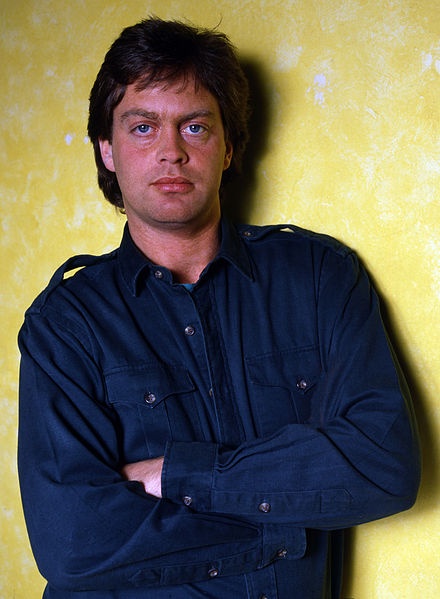

Charles James Spencer-Churchill, 12th Duke of Marlborough, was born in 1955. The preening, drug-fuelled narcissist spent six months in prison for forging prescriptions in 1995; in September 2007, he was sentenced to another six months in jail for dangerous driving and criminal damage after a road rage attack on another motorist’s car.
He was also banned from driving for three-and-a-half years. In an apparent attempt to improve his reputation, Blandford participated in BBC1’s 2009 documentary Famous, Rich, and Homeless, in which “famous” people spent three nights on the streets with only a sleeping bag.
Negating the point of the show, Blandford didn’t actually sleep rough, claiming that on the first night, he kipped in the car park of a five-star hotel (his sleeping bag was unopened); on the second night, he demanded to be put up in accommodation befitting his status. He gave up completely by the third evening. Hardly a Churchillian display of fortitude.
John Wilmot (1647-1680)
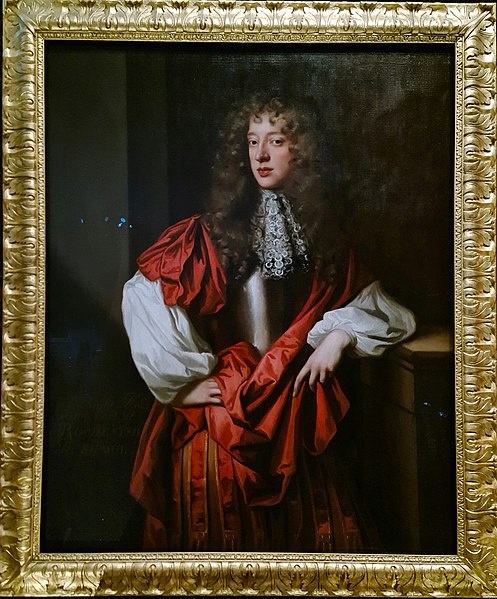

John Wilmot, 2nd Earl of Rochester, the dissolute Restoration rakehell poet immortalised by Johnny Depp in The Libertine (2004), composer of verses including Signor Dildo and the drama Sodom, or the Quintessence of Debauchery was a rum cove.
His most infamous exploit was posing as the character “Doctor Alexander Bendo,” a physician with special skill in treating infertility and other gynaecological ailments. From his Tower Hill “surgery” Rochester also pretended to be the good doctor’s wife, the staid “Mrs Bendo,” a pretence to first “inspect” young women in his practice without rousing the ire of their husbands before he got to work in earnest.
It was noted at the time that Rochester’s treatment was “not without success,” presumably meaning Wilmot was a clandestine sperm donor. At the ripe old age of 33, Lord Rochester passed away from a lethal combination of tertiary venereal disease and chronic alcoholism.
Charles Tennant (1957-1996)
Charles Edward Pevensey “Charlie” Tennant was the eldest son of the 3rd Baron Glenconner, a descendant of Sir Charles Tennant whose riches stemmed from his St Rollox bleach works in Glasgow.
Possibly a model for coke-addicted Freddy Halstead (Daniel Ings) in The Gentlemen, in 1978 Tennant stole some private photographs of Princess Margaret and sold them to purchase smack.
Although his story could at first appear that of a typical upper-class wastrel, Charlie cleaned up his act and devoted the rest of his short life to helping educate vulnerable people about the dangers of drug addiction. In 1996, Tennant died of hepatitis C, caught from an infected heroin needle.
Thomas Cochrane (1775-1860)
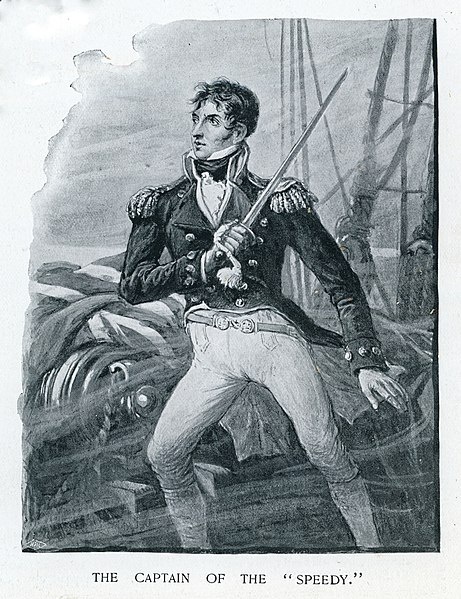

Thomas Cochrane, 10th Earl of Dundonald: this scallywag seafarer, dubbed “the sea wolf” by Napoleon, had a successful career on the high seas, but in 1814 was dismissed from the Royal Navy after being convicted for fraud on the London Stock Exchange.
Cochrane was also stripped of his appointment as Knight of the Order of the Bath in a degradation ceremony at Westminster Abbey, his banner was taken down and literally booted out of the chapel onto the steps outside. Unsurprisingly, the oldish sea dog slung his metaphorical hook and carved out a career as a mercenary/freedom fighter in the southern US and Greek wars of independence.
In 1832, Cochrane was granted a pardon and restored to the Navy List; his knighthood was restored in 1847, but only in 1860 was his banner returned to Westminster Abbey, the day before his funeral.
Anthony Moynihan (1936-1990)
Antony Patrick Andrew Cairne Berkeley Moynihan, 3rd Baron Moynihan, 3rd Baronet of Carr, lived a disreputable life, decamping from Britain to the Philippines after multiple charges of fraud in 1970, where he was allegedly involved in organising prostitution rings, confidence swindles, and drug-trafficking.
Moynihan was also a grass, working as an informant for the US Drug Enforcement Administration, ratting out Welsh drug dealer Howard Marks who, with some justification, called the baron “a first-class bastard.”
He was married five times (the last bigamously) and left no legitimate heirs, necessitating the elevation of his Tory politician half-brother Colin to the baronetcy.
And there’s probably many (many) more of their ilk still at it.

